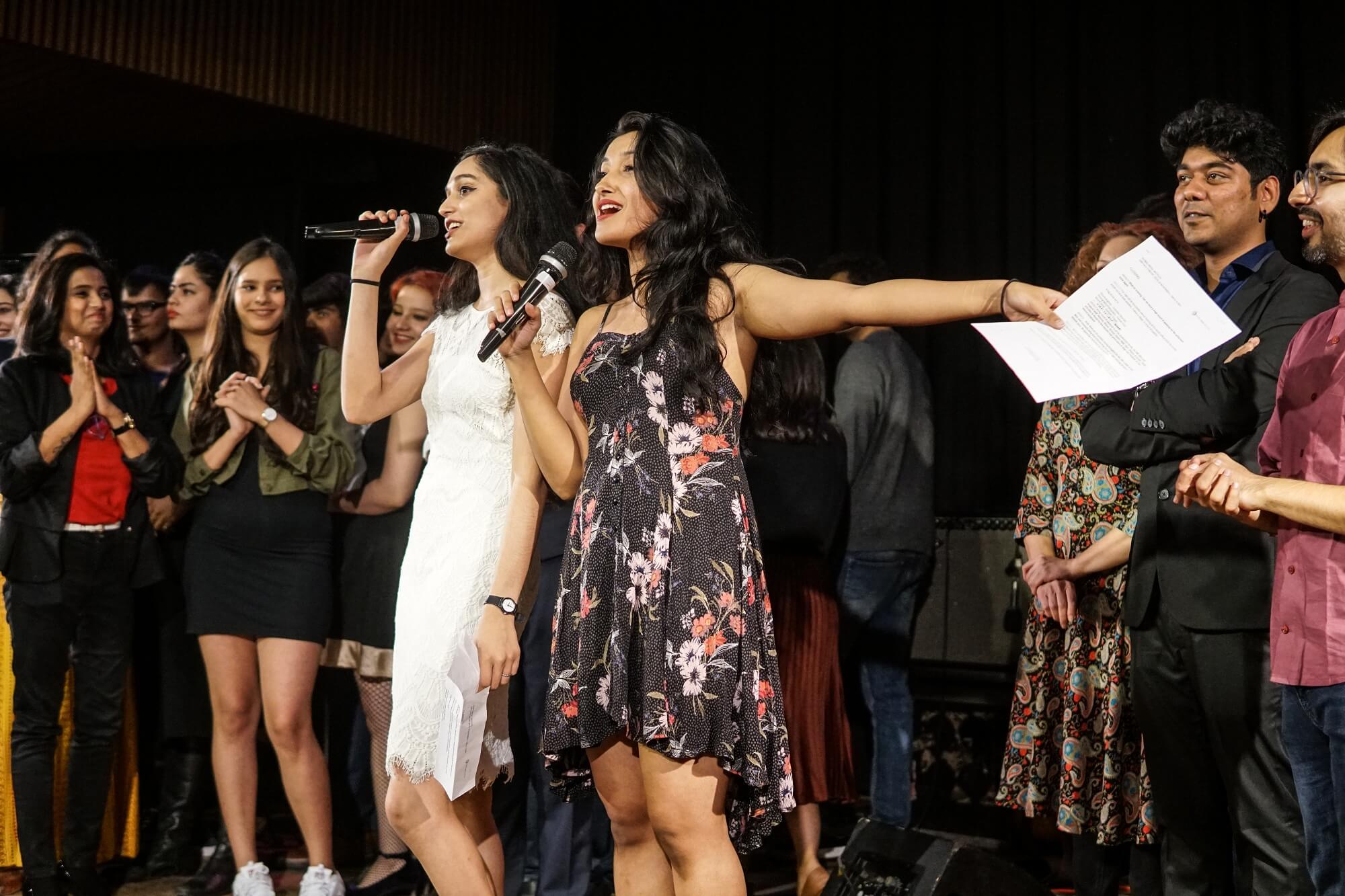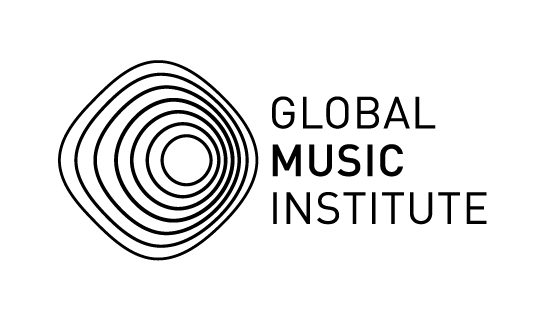
24 Feb Music, other & I: Senjuti Maitra
My experiences growing up as a child in a first-generation immigrant Bengali family in Brisbane, Queensland has significantly shaped much of my narrative. Amongst the clouds of confusion, movement between two polarised cultures, and two different worlds, music became the thread weaving together different parts of my story. Through the continual process of discovery and re-discovery, I found solace in music and it became my anchor. Music was a meeting place for my family, especially with the increasing differences arising from the generational gap between my parents and I. Its role was redemptive.
 In the family home, I was exposed to musical sounds from different parts of India, and music from all over the world. My parents were in university when the influence of globalisation started reaching India. Discovering prominent global musical icons such as the Beatles, the Carpenters, Bob Dylan, and Glen Campbell, music was the avenue through which they engaged with the emergence of interaction between local and global cultures in their homeland. Decades later, the impact of this transition became imprinted on what I call the ‘soundtrack of my childhood’ and a cultural resource I inherited from my family.
In the family home, I was exposed to musical sounds from different parts of India, and music from all over the world. My parents were in university when the influence of globalisation started reaching India. Discovering prominent global musical icons such as the Beatles, the Carpenters, Bob Dylan, and Glen Campbell, music was the avenue through which they engaged with the emergence of interaction between local and global cultures in their homeland. Decades later, the impact of this transition became imprinted on what I call the ‘soundtrack of my childhood’ and a cultural resource I inherited from my family.
 I always felt a stronger connect to the musical sounds from India with its wide array of languages, styles, poetry and instruments. Therefore, music became the tool through which I came to terms with the home that I left behind, and the foreign land I adapted as my own; an integral step to reconciling and navigating the ongoing process of migration. However, I compartmentalised the spaces of displayin a more a public sphere like the school grounds by shunning this part of myself- a common coping strategy for most children from immigrant backgrounds. As someone who looked different, spoke a different language, and came from a different country, I already felt like an ‘other’.
I always felt a stronger connect to the musical sounds from India with its wide array of languages, styles, poetry and instruments. Therefore, music became the tool through which I came to terms with the home that I left behind, and the foreign land I adapted as my own; an integral step to reconciling and navigating the ongoing process of migration. However, I compartmentalised the spaces of displayin a more a public sphere like the school grounds by shunning this part of myself- a common coping strategy for most children from immigrant backgrounds. As someone who looked different, spoke a different language, and came from a different country, I already felt like an ‘other’.
Revealing my deep association with a completely different world of music in social spaces where other children were dancing to the soundtrack of Mamma Mia, was not a leap of faith I was willing to take. The differences felt too vast, daunting and alienating. Stemming from the core human desire for belonging, I began suppressing my authentic musical fascinations to assimilate into the dominant Anglo-Australian culture to blend into the crowd. Further down the line, the emotional baggage of feeling like the ‘odd one out’ felt like too heavy a price to pay. Eventually, I channelled the courage to disclose my ethnic heritage and connection to the music from my homeland to my peers.Common responses to an unfamiliar culture included the terms ‘exotic’, ‘Bollywood’, and ‘Punjabi dancing’. Thus, the“fetishism of difference” and stereotyping derived from cultural unawareness became a part and parcel of day-to-day life.
Moving between transnational spaces and continually shifting between local and global, I committed myself to maintaining the equilibrium between being well-versed in contemporary popular music to feel connected and a sense of belonging with my school peers; and Indian Classical music to nurture my connection with my homeland. I was essentially condensing overwhelming data to manageable portions enabling identification, social action to feel a sense of control. At other times, I would shift cultural dimensions and trace the history of my ancestors and their stories through music played by my parents in the private space. Through exposure to these sounds, I was interacting with familial generations, regional spaces, global and local, modern and traditional, where music was a cultural resource for me to synthesise the full spectrum of my experiences to create new modes of expression and identity. Therefore, in its truest sense, my experiences growing up opened my eyes to the immensely complex and enriching ways in which culture has “known meanings” which we are trained to, as well as “new observations” being offered and tested. Derived from the sum of all of our human experiences, culture is “the product of a man’s whole committed personal and social experience”— wherein the extraordinary is disguised as ordinary.
Culture is a whole way of life. It is constructed from the intricacies of the mundane routine of our daily lives and adaptation processes to more significant shifts, and changes in our lives. My experiences as a young girl migrating to an alien world has provided me with an insight into the complexity of navigating a diverse world. A world in which difference forms the crux of the human experience. Moving through new challenges, I continue to unravel greater depths of my childhood and adolescent experiences. The many ways in which these experiences shape my personal narrative and sense of self are tremendous, fluid, and ever-evolving.
Sources:
Sarwal, A. (2014). Beyond Home and into the World: Family in the Short Stories of the South Asian Diaspora in Australia. Antipodes, 28(2), 379–391.
Williams, R. (1989). Culture is ordinary. In R. Gable & R. Blackburn (Eds.), Resources of hope: culture, democracy, socialism. 3–18.
Butcher, M. (2004). Universal Processes of Cultural Change: reflections on the identity strategies of Indian and Australian youth. Journal of Intercultural Studies.215–231.



No Comments